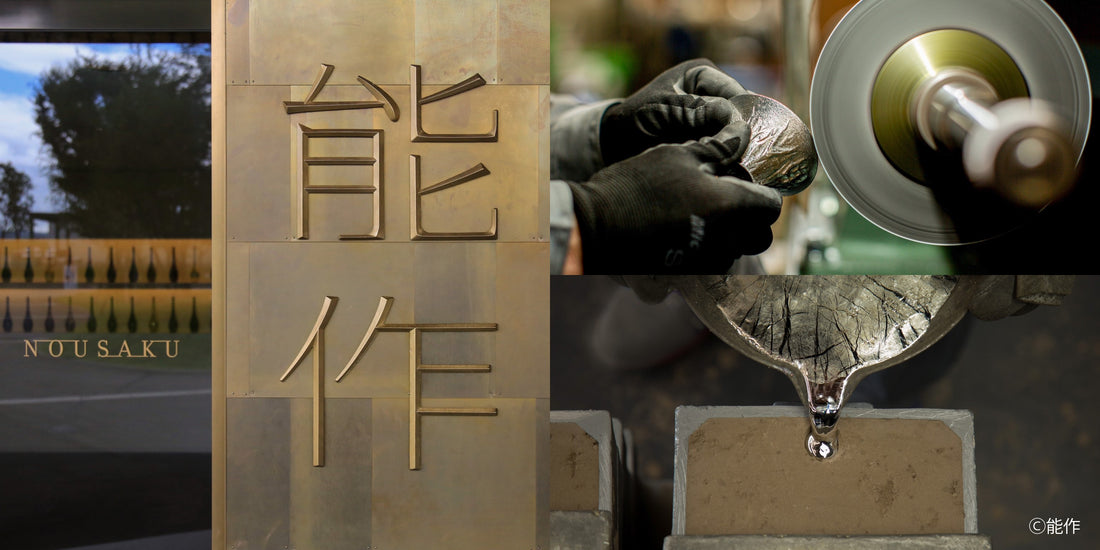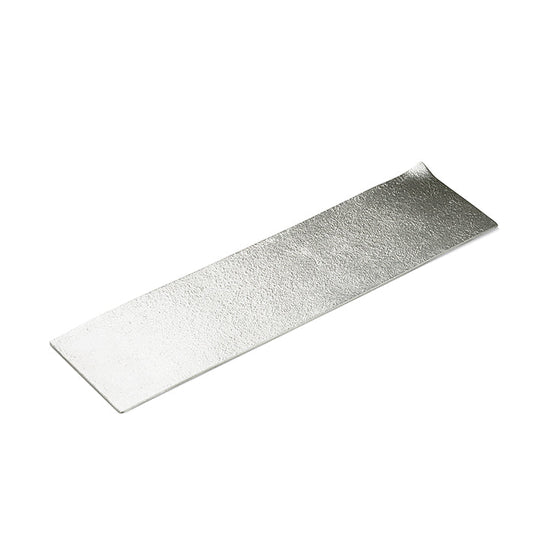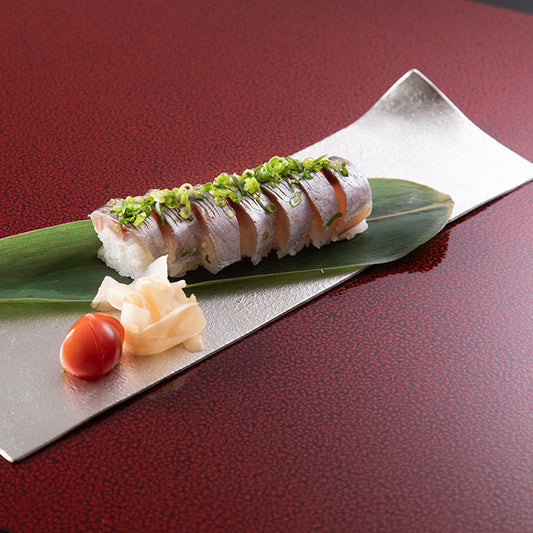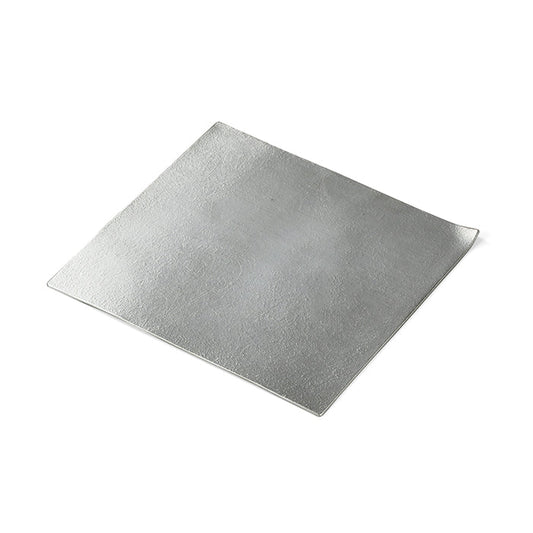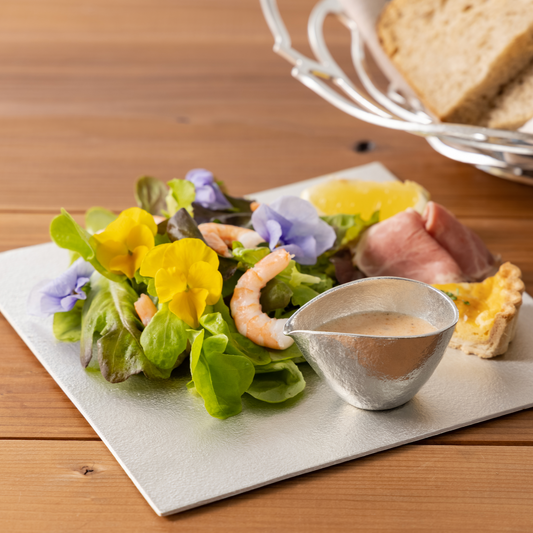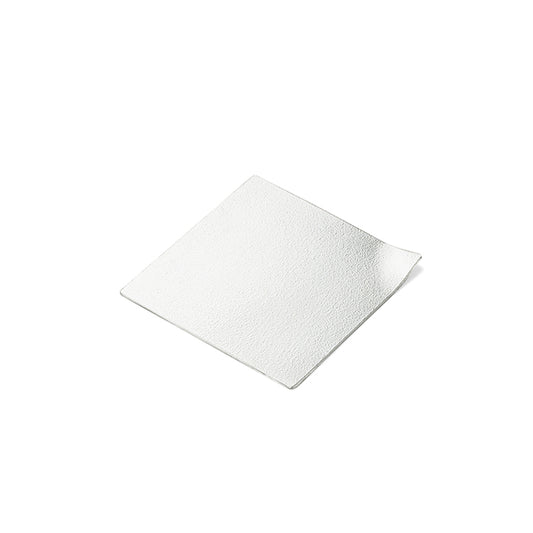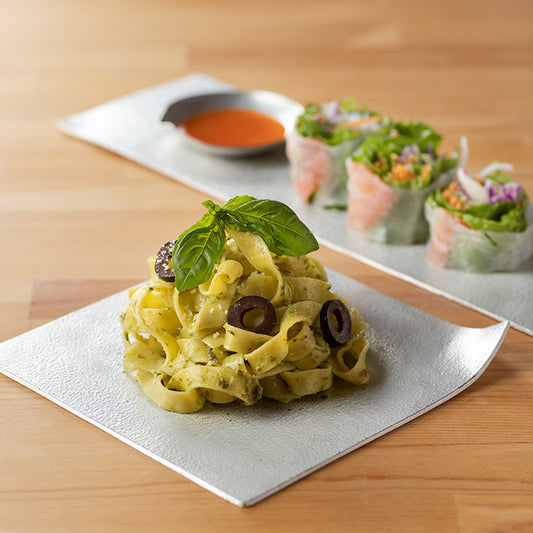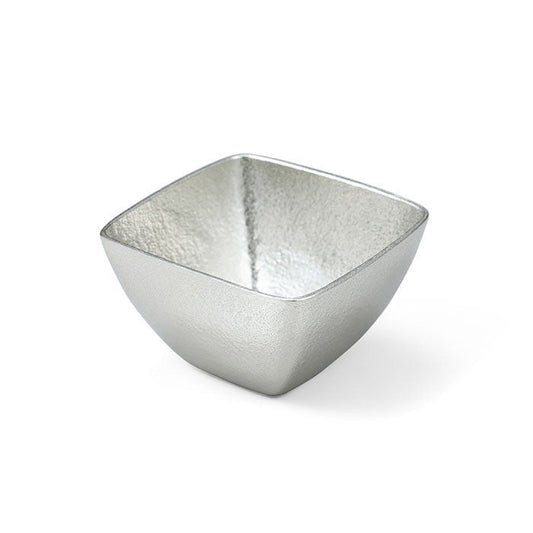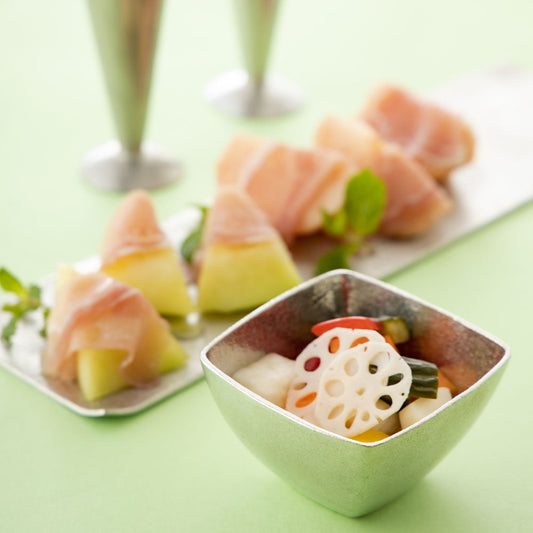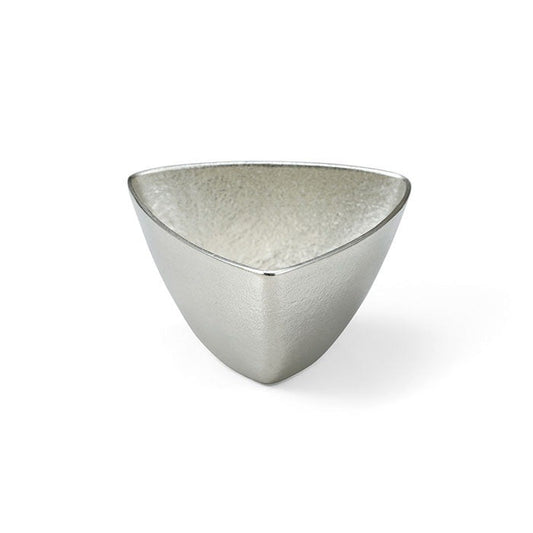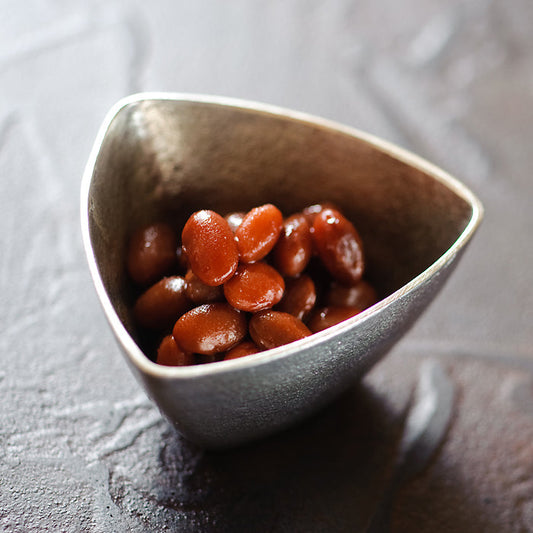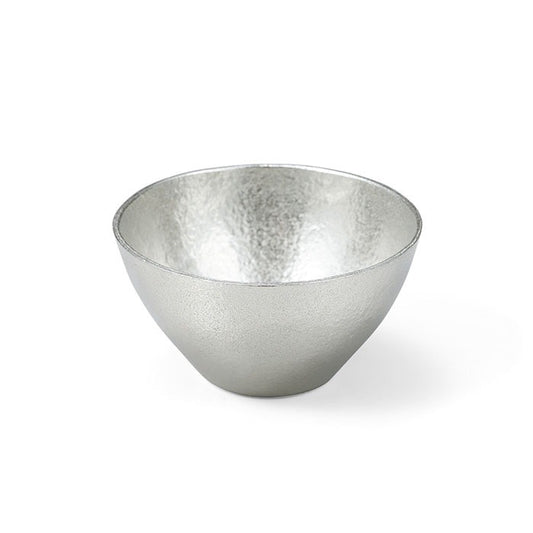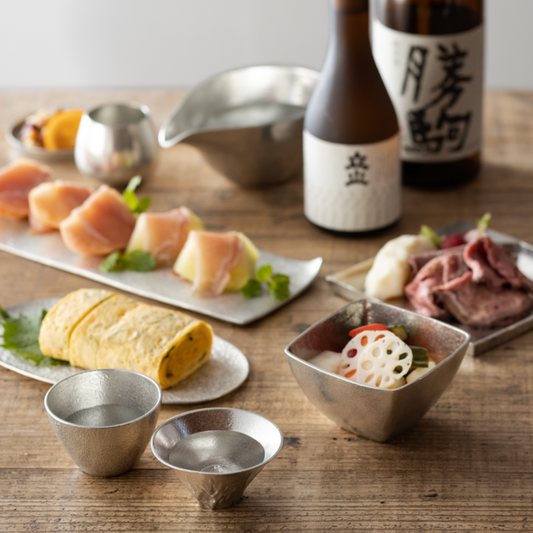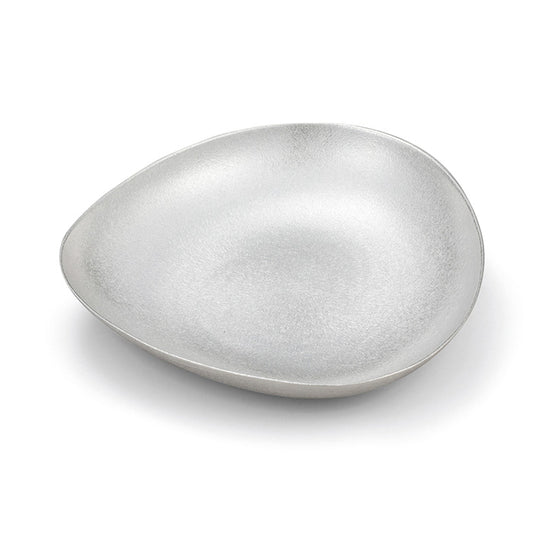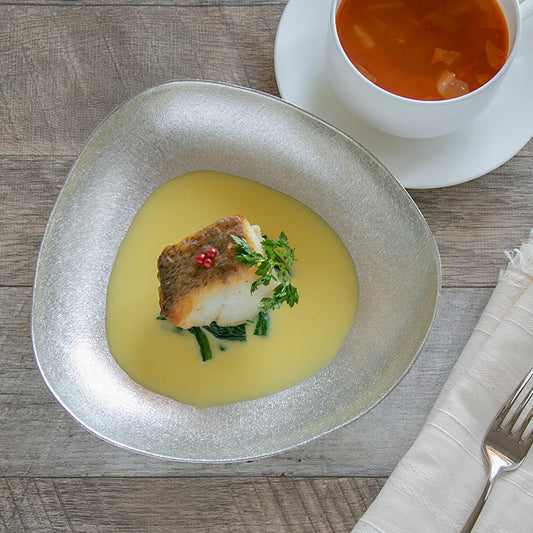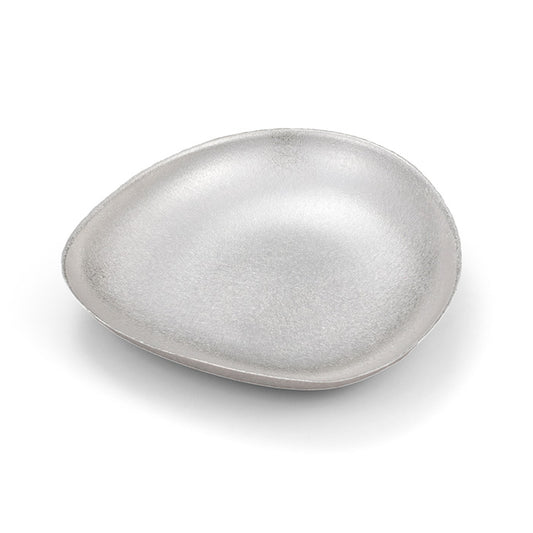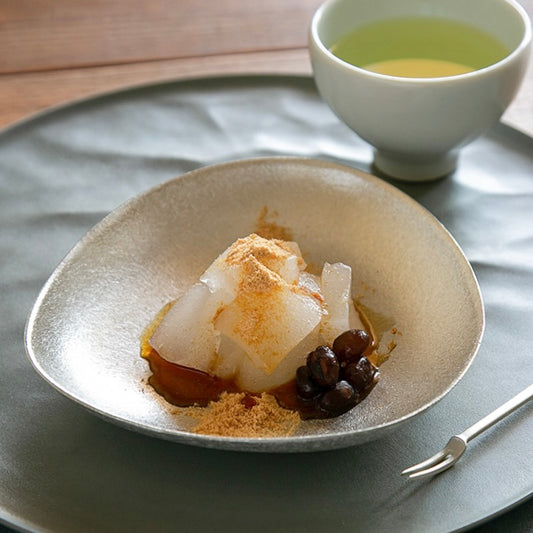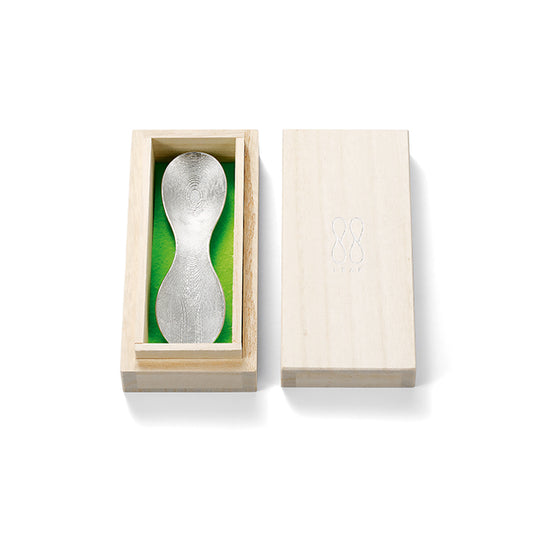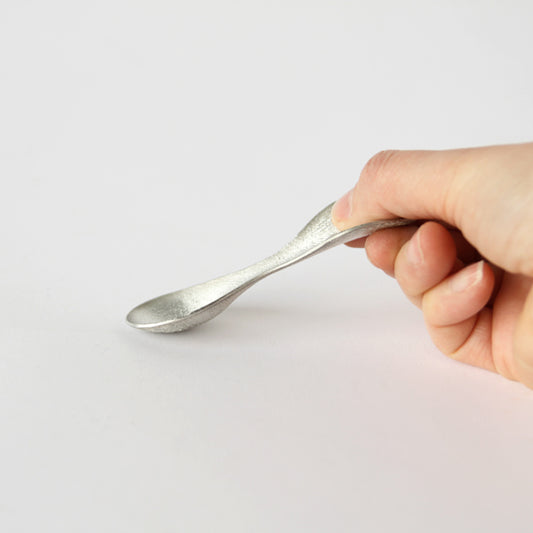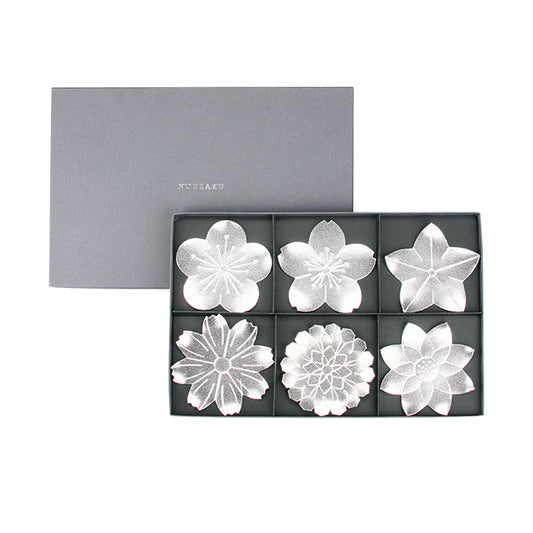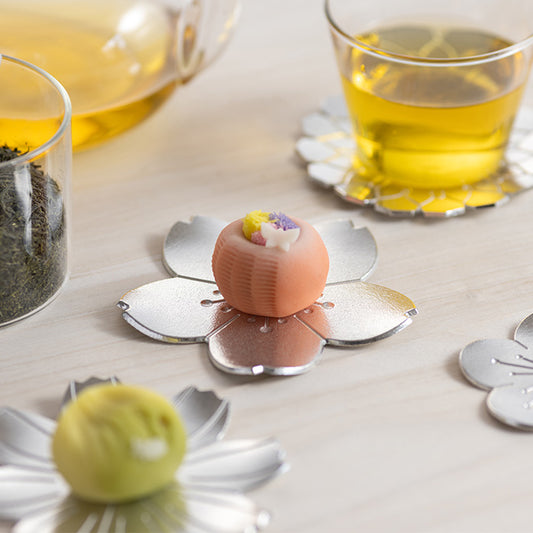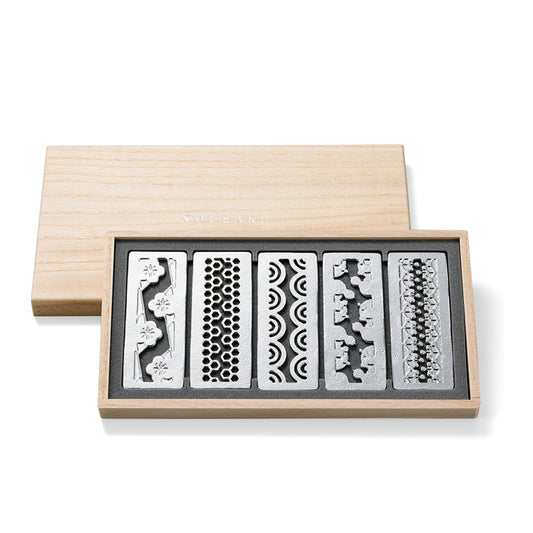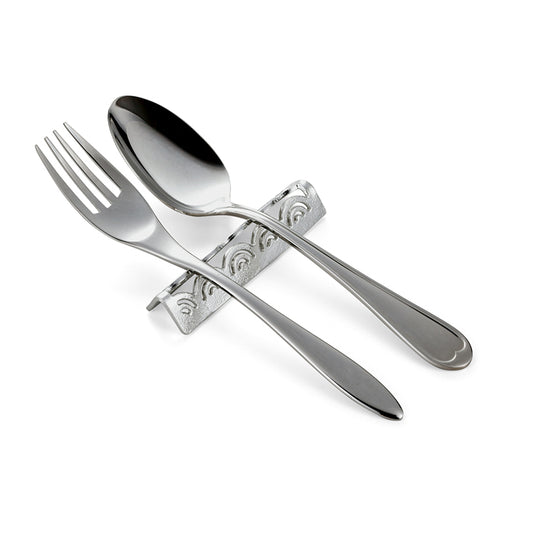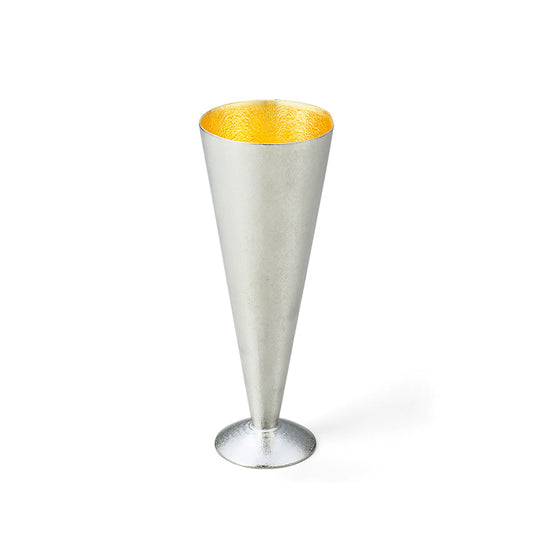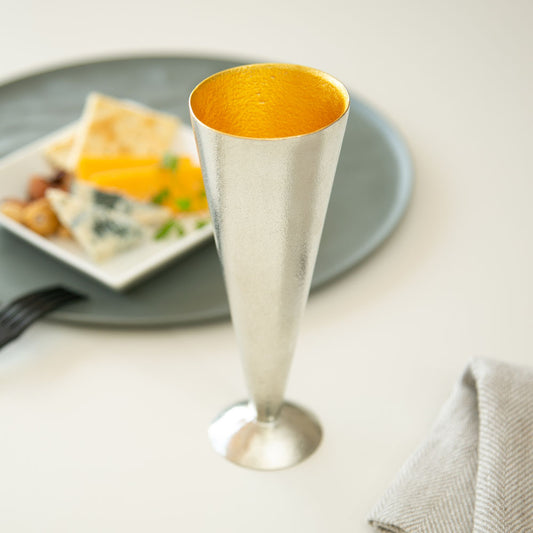Which is a casting production area, using traditional casting techniques that have been handed down from the Edo period for over 400 years.
Why did casting production flourish in Takaoka City, Toyama Prefecture?
In 1611, in order to revitalize the industry in the castle town of Takaoka, the feudal lord invited seven imoji (metal casting craftsmen) from nearby villages and set up a foundry in Kanaya-machi. At the beginning, they made daily necessities such as pots and kettles, and agricultural tools such as spades and hoes.
Now, more than 400 years after that, Takaoka City boasts the top share in casting production in Japan.
And continues to produce a wide range of products, from small items such as Buddhist altar fittings and tea utensils to large items such as bronze statues and temple bells.
How NOUSAKU's originality was born?
In 1984, Katsuji Nousaku, the current chairman, joined the company. Working 18 years as a craftsman, he became passionate about casting as a craftsman and wanted to develop his own products using the techniques he had honed.Tin is usually processed by adding other metals to give it hardness.
However, Katsuji said, "I want to do something that no one else has done before." The 100% tin casting processing was a difficult task, but one day an idea popped out.
"If it can be bent, let's make tableware that can be bent." It is this reversal of thinking that has given rise to the ”KAGO Series”, which can be enjoyed in different shapes, as well as numerous tin products representing NOUSAKU.
Making good castings even better
It starts with the production of a pattern, the production of a sand mold that takes a shape based on the pattern. The casting of pouring molten metal into the mold, the finishing process which is welding and polishing with the final touches being the decoration with engraving and/or coloring.
Each process is a division of labor, and only those with outstanding skills can be involved in each process.
Tin is known as the most expensive metal after gold and silver. As its excellent antibacterial property, it is said that flowers put in a tin vase will live longer.
100% tin is very soft and can be easily bent by hand, depending on the shape. In addition to the bendable "KAGO series" that makes use of this characteristic, NOUSAKU have a wide range of lineups such as tableware and flower vases that add new discovery in your life.


